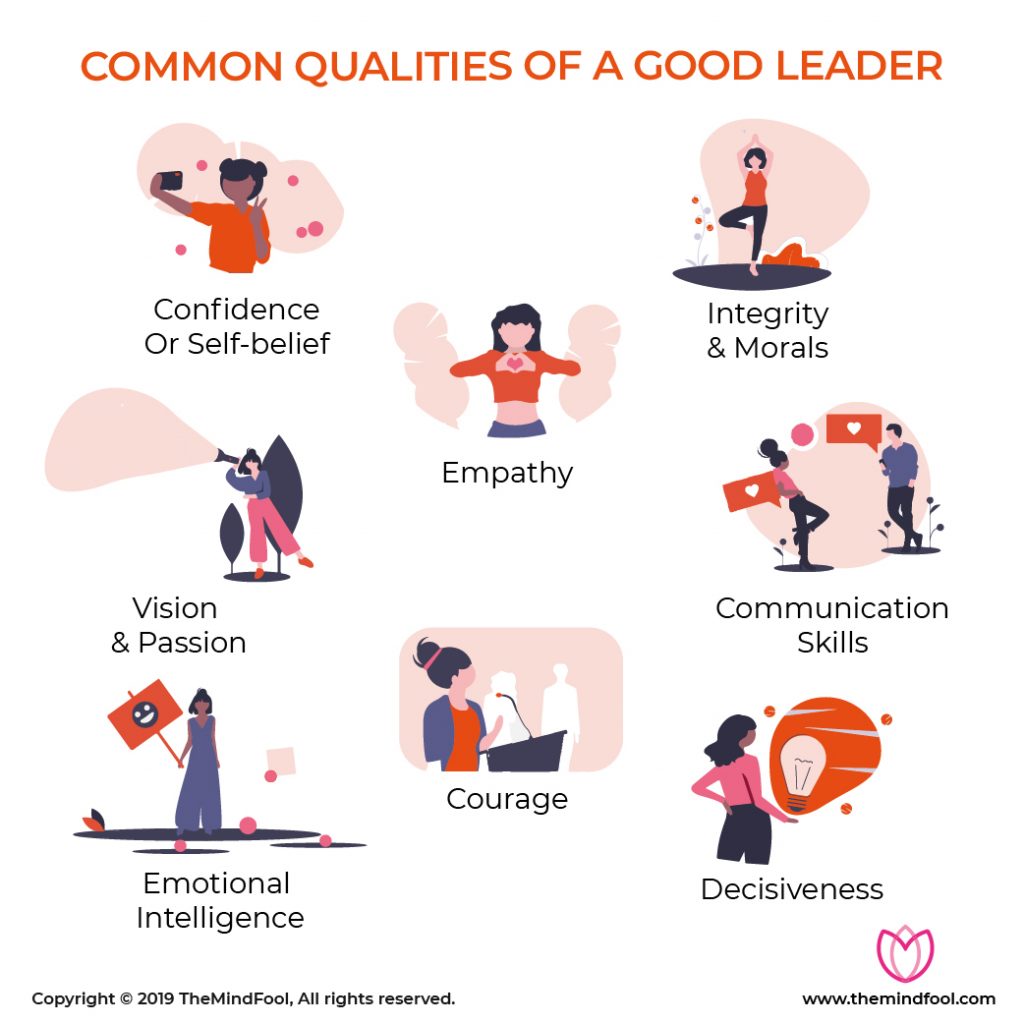Guidance is not only about directing people; it is about serving them. In today’s fast-paced world, the most effective leaders are individuals who prioritize the requirements of their team members and empower them to reach their maximum potential. Becoming a servant leader means mastering a unique set of skills that focus on fostering collaboration, building trust, and creating an environment where all individuals feels valued. This approach not only enhances team dynamics but additionally drives overall success for the organization.
As we explore the essential skills that define exceptional leaders, we will highlight key areas such as emotional intelligence, effective communication, and adaptability. These skills enable leaders to make sound decisions, inspire their teams, and navigate challenges with assurance. By focusing on service to others, leaders can foster a culture of respect and loyalty, making them highly efficient in today’s diverse and ever-changing landscape. Let’s delve into the top skills each professional should develop on their journey to becoming a servant leader.
Essential Management Skills
In today's ever-changing business landscape, effective leadership hinges on a blend of key skills that enable leaders to put others first. Among these, the ability to understand emotions is paramount as a crucial skill. A leader with developed emotional intelligence can control their own emotions while also being aware of the emotions and motivations of their team. https://www.peterashbysmith.com/ fosters an environment of confidence and clear communication, essential for team unity and morale.
Another vital skill is the ability to adjust. The swift nature of today's work requires leaders to respond rapidly in response to shifting conditions. Whether it is embracing advancements or dealing with unexpected challenges, flexible leaders can navigate uncertainty while guiding their teams with assurance. This skill not only improves team performance but also encourages a culture of endurance and forward-thinking.
Clear communication is crucial in leadership roles. The capability to convey ideas well and engage with others ensures that team members know they matter and heard. Good communicators encourage their teams, building a collective purpose that matches individual goals with organizational objectives. This skill is integral in not only offering guidance but also in driving engagement and collaboration across different teams.
Establishing Solid Connections
Robust relationships are the foundation of effective management. As a leader, spending time in getting to know your group members on a personal level encourages a sense of confidence and unity. Knowing their personal skills, weaknesses, and drives establishes an environment where members of the team feel appreciated and respected. This connection not only improves collaboration but also encourages honest communication, enabling the team to work together more effectively towards shared goals.

Moreover, solid relationships empower leaders to navigate conflicts and issues with grace. When members of the team have faith in their manager, they are more prone to reach out to them with concerns or input instead of allowing issues to grow. This open line of communication fosters a climate where problems are resolved swiftly, and innovative solutions can arise. Leaders who focus on building relationships are better equipped to manage resolution and propel their teams ahead.
Finally, relationships built on respect and comprehension can greatly influence team morale and motivation. When leaders demonstrate empathy and active listening, they inspire their group to embrace similar behaviors. As a result, members of the team not only feel encouraged but are also more likely to support one another, leading to a unified team that flourishes in collaboration. By prioritizing building robust connections, leaders create a constructive and productive workspace that drives success.
Adjusting to Transformation
In today's rapid world, flexibility has become an crucial leadership skill. Leaders who can adjust their strategies and tactics in response to developing circumstances are more likely to drive their teams toward success. Accepting change allows leaders to manage uncertainty and seize new opportunities, encouraging a proactive mindset within their organizations. By staying open, leaders not only handle immediate challenges but also position their teams to thrive in the face of upcoming uncertainties.
To cultivate this skill, effective leaders actively seek feedback and remain willing to different perspectives. This entails listening to team members and promoting innovative ideas that can lead to enhanced processes and solutions. Leaders who demonstrate adaptability inspire their teams to embrace change rather than resist it, creating a culture where everyone feels capable to contribute to organizational growth. By encouraging an agile environment, leaders can help their teams remain on track and resilient, even when faced with unforeseen obstacles.
Furthermore, embracing change requires a commitment to continuous learning. Leaders who commit in their own development and support their teams to do the same set a strong example. By fostering a culture of learning, leaders can ensure that their organizations remain relevant and prepared for the future. This agility not only benefits the organization but also enhances employee engagement, as team members see their growth as aligned with the organization’s success.
